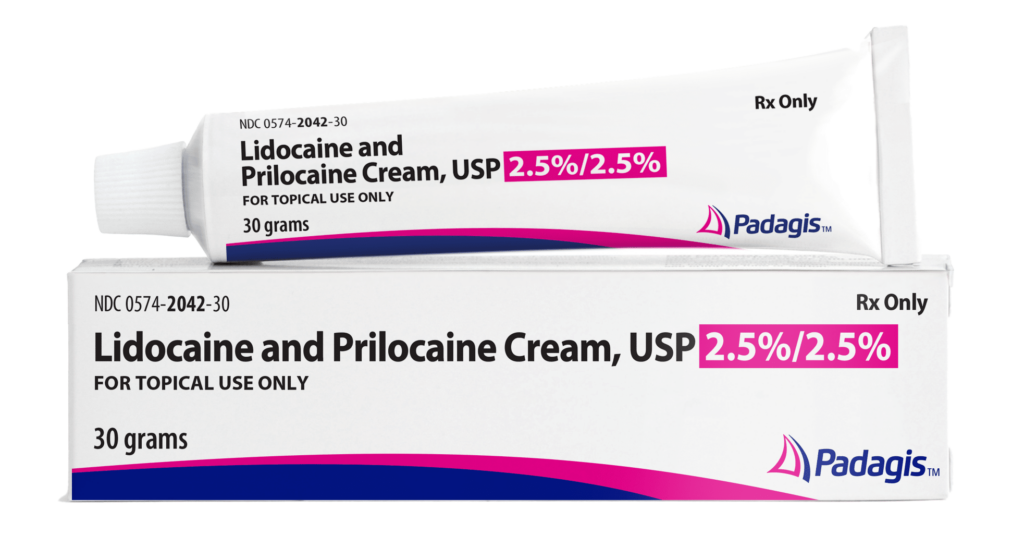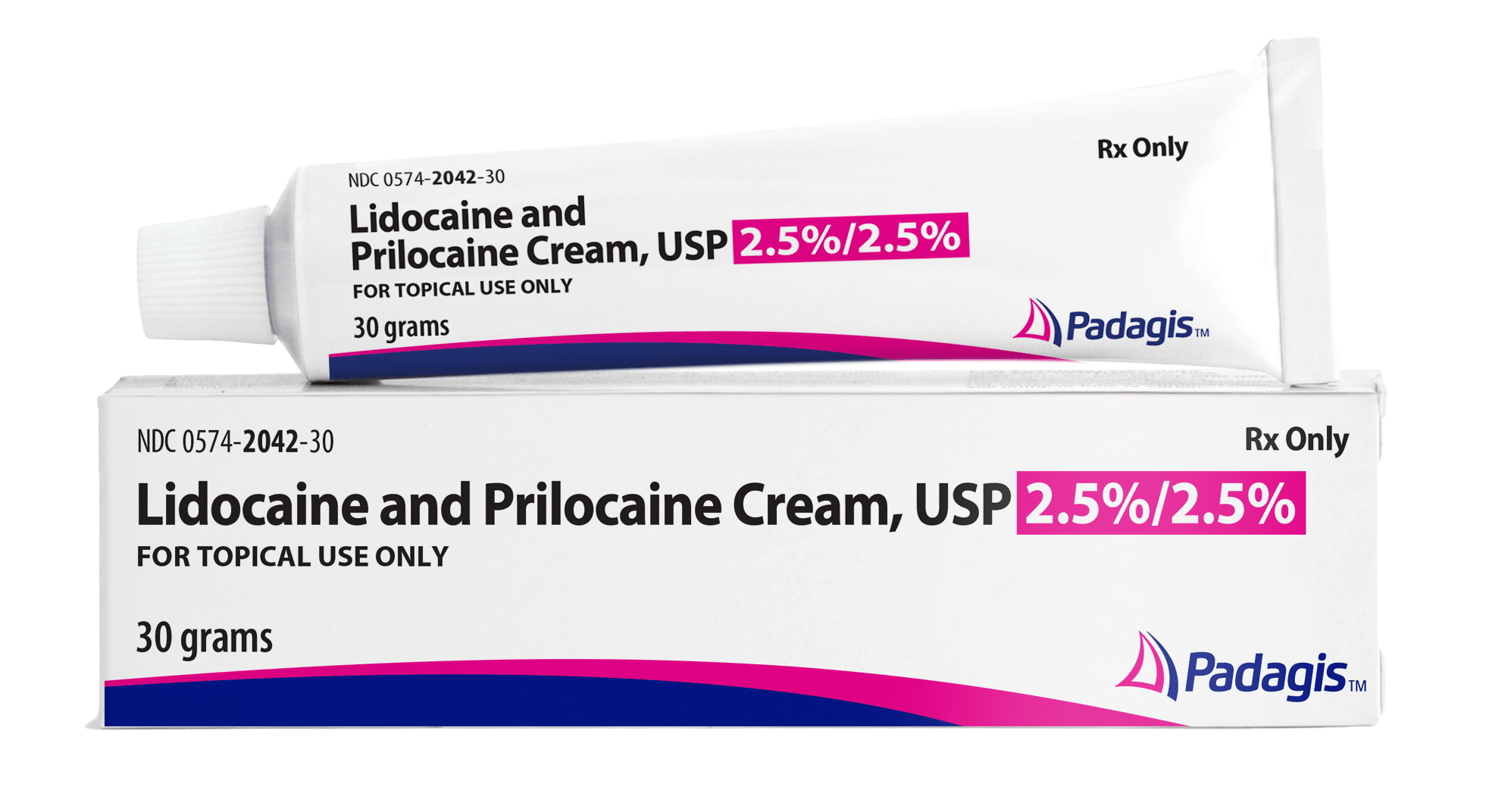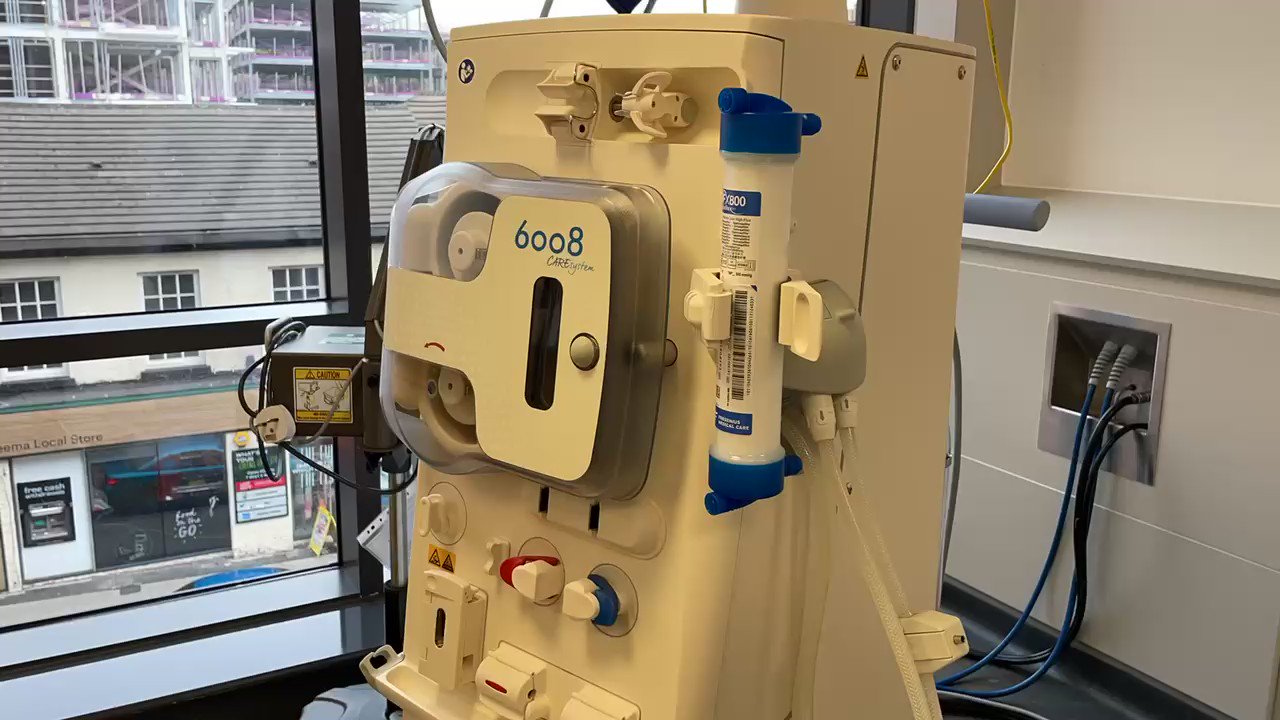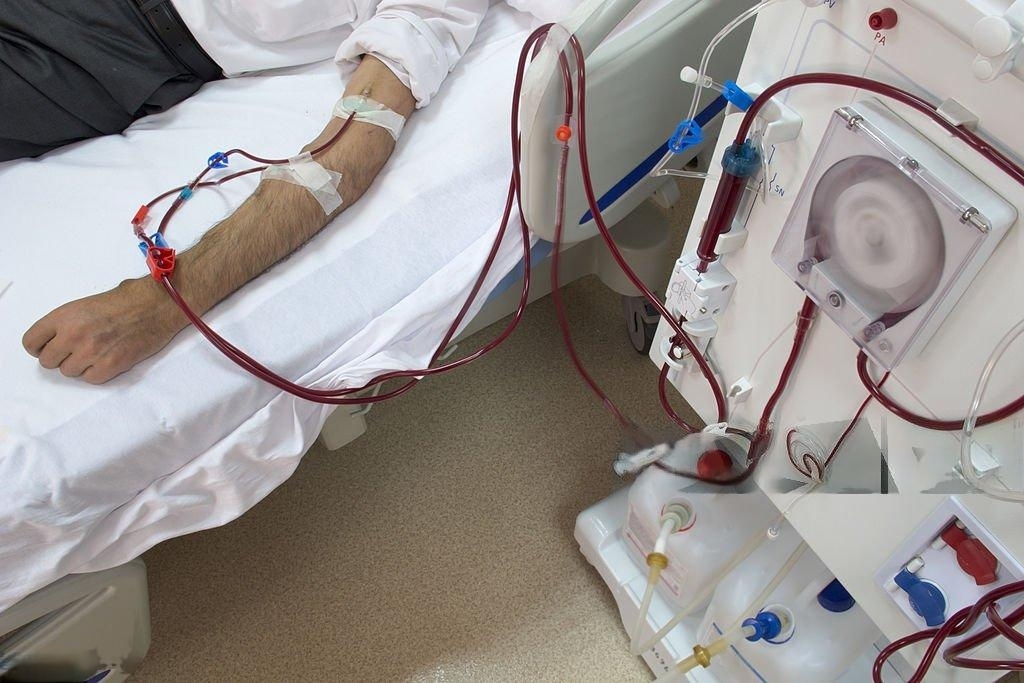Using Lidocaine and Prilocaine for Numbing Before Dialysis Cannulation.
For individuals undergoing dialysis, the process of cannulation—where needles are inserted into the blood vessels—can often cause discomfort or pain. To alleviate this, many patients and healthcare providers turn to local anesthetics such as lidocaine and prilocaine. These medications, commonly used in the form of topical creams, help numb the skin and underlying tissues before needle insertion, making the procedure less painful and more tolerable.

What Are Lidocaine and Prilocaine?
Lidocaine and prilocaine are local anesthetics that work by blocking nerve signals in the body, effectively numbing the area where they are applied. When combined in a cream, such as in the widely used formulation called EMLA (eutectic mixture of local anesthetics), they create a strong numbing effect on the skin. This cream is often used in medical procedures that involve needle insertion, including dialysis cannulation, to provide pain relief.
How It Works
When applied to the skin, lidocaine and prilocaine are absorbed into the upper layers of the skin, blocking the nerves from sending pain signals to the brain. The numbing effect typically begins within 30 to 60 minutes after application, making it important to apply the cream well in advance of the dialysis session.
The cream is often applied at the cannulation sites—either the arteriovenous (AV) fistula or graft—where needles will be inserted for dialysis. Once the area is sufficiently numb, the needles can be inserted with minimal discomfort.
Benefits of Using Lidocaine and Prilocaine for Dialysis Cannulation
- Pain Relief: The most obvious benefit is the significant reduction in pain during needle insertion. This can be especially helpful for patients who experience anxiety or fear related to the pain of cannulation.
- Increased Comfort: Dialysis is a long-term treatment that requires repeated needle insertions, often several times a week. Regular use of numbing creams can make the overall dialysis experience more comfortable for patients over time.
- Reduced Anxiety: Fear of pain can lead to heightened anxiety before dialysis sessions. By reducing or eliminating the pain associated with cannulation, numbing creams can help reduce pre-dialysis stress and anxiety for patients.
- Better Compliance: When patients are more comfortable during dialysis sessions, they are more likely to attend regularly and comply with their treatment regimen, leading to better health outcomes.
Are There Any Side Effects?
While lidocaine and prilocaine are generally safe, some patients may experience mild side effects such as skin irritation, redness, or swelling at the application site. Rarely, more serious allergic reactions can occur, such as difficulty breathing or swelling of the face, lips, or throat. If any severe reactions occur, immediate medical attention is necessary.
Patients with certain conditions, such as a history of allergies to local anesthetics or heart conditions, should consult their doctor before using lidocaine and prilocaine. Additionally, the cream should not be applied to broken or irritated skin, as this can lead to increased absorption into the bloodstream and potentially cause systemic side effects.
Alternatives to Lidocaine and Prilocaine
For patients who may be allergic or sensitive to lidocaine and prilocaine, other alternatives are available. These include using ice packs or cold sprays to numb the area before cannulation or opting for subcutaneous injections of lidocaine. However, many patients find topical creams to be the most convenient and non-invasive option for pain relief.
Conclusion
Lidocaine and prilocaine offer an effective and easy-to-use solution for numbing the skin before dialysis cannulation. By reducing pain and discomfort, these local anesthetics improve the overall experience of dialysis, helping patients feel more comfortable and less anxious. For many, the regular use of numbing creams can make the frequent and necessary process of dialysis more manageable, leading to better long-term compliance and health outcomes.
If you or a loved one undergoes regular dialysis and experiences pain during cannulation, speak with your healthcare provider about the potential benefits of using lidocaine and prilocaine creams.
This article is for informational purposes only. Please consult a medical professional for any health-related concerns.


